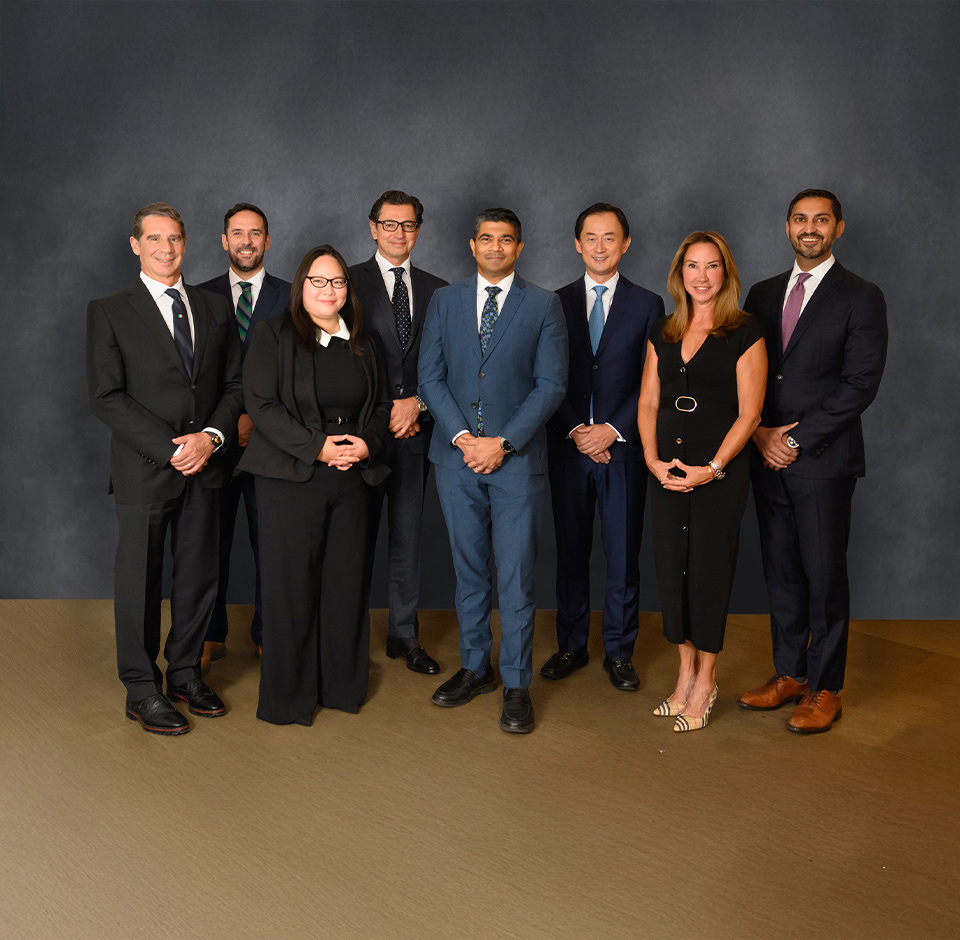Don’t put up with pain! Request an appointment

The area of the spine from the base of the neck to the lower rib is called the mid-back. Mid-back pain can be caused by any number of problems. Since the description is based on the location, not the cause, your physician will work with you diagnose the problem. University Spine Center is dedicated to providing you complete information, answering your questions and giving you an accurate diagnosis.
Besides the most obvious symptom of pain in the mid-back area, you may notice some other symptoms:
University Spine Center has successfully treated many people with mid-back pain. The first step is getting an accurate diagnosis. This includes not just identifying what hurts and where it hurts but what the cause of the problem might be. This will involve a physical examination and a consultation with a back pain specialist, but it may also involve X-rays or other imaging techniques as well as other tests. Your doctor will tell you what is most helpful in your case.
At University Spine Center, there are two important aspects to treating mid-back pain:
Talk to your physician about your pain levels. There are many things you can do for pain. For many people with mid-back pain, you will benefit from doing a combination of things that work for you. These things may include:
Talk to your doctor about which ones might be right for you.
Beyond getting relief from pain, you may need to address the underlying problem in your back. In some cases, injuries or damage to the mid-back may heal naturally over time. In other instances, you may require special treatments. Your University Spine Center team will help you find the right course of treatment for you.
